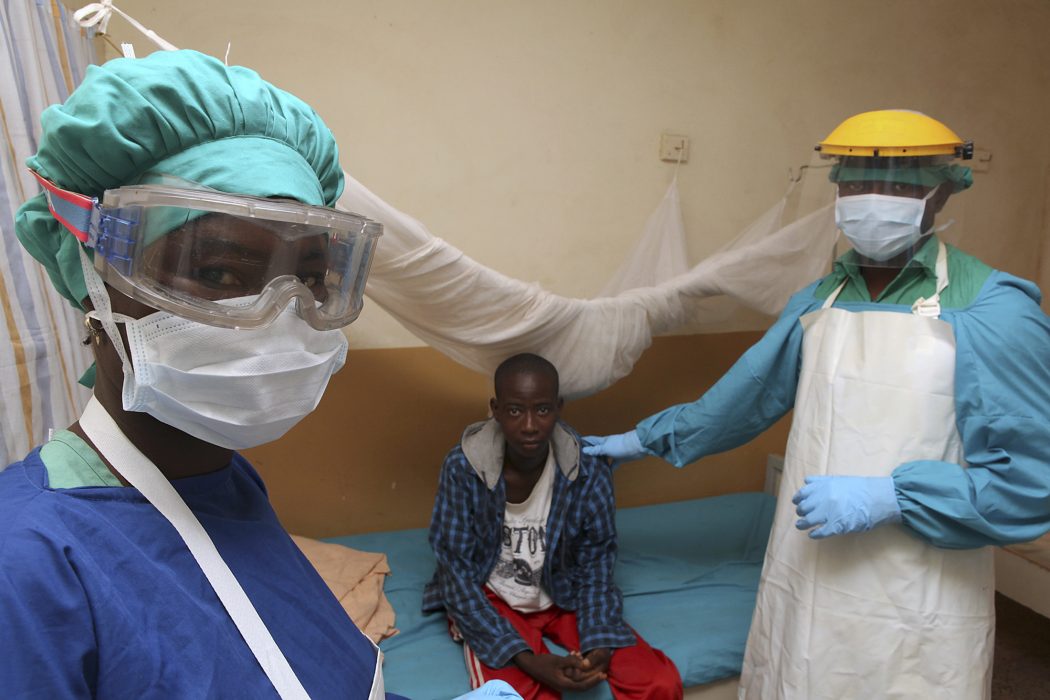The European Union has pledged to assist Nigeria with N32 million humanitarian aid to curb the spread of Lassa fever.
This pledge was announced in a press statement made available to journalists on Thursday, February 20, 2020.
The union said the funds will be used to assist families affected by the current Lassa Fever outbreak in Nigeria.
The allocation will go towards supporting the Nigerian Red Cross in promoting hygiene practices and disease transmission control, contributing to the identification of suspected cases, supporting contact tracing, and providing psychosocial support.
According to the statement, humanitarian aid will directly benefit communities in areas most affected by the outbreak.
The funding forms part of the EU’s overall contribution to the Disaster Relief Emergency Fund, DREF, of the International Federation of Red Cross and Red Crescent Societies, IFRC.
“In the two most affected states, Ondo and Edo, the main actions will focus on health education on signs and symptoms, prevention measure and behavioral change in food storage and handling; pest control activities, such as the distribution of rat traps/rat glues; and psychosocial support to affected people and their families.
“In another four states (Bauchi, Ebonyi, Taraba, and Kano), awareness-raising initiatives will be launched for the general public, including the distribution of educational material and informative radio messages,” it said.
Nigeria, since the beginning of the year, has been battling the scourge of the Lassa fever outbreak with about 103 reported deaths from the disease.
Lassa fever is an acute viral hemorrhagic fever, VHF, transmitted by rodents to humans, who become infected through contact with the excreta of infected rats, contaminated surfaces or food, and body fluids of infected persons.
The disease has become a yearly epidemic in Nigeria as it is diagnosed all year round, but peaks between November and May.
As of February 16, a total of 2176 suspected cases, with 587 confirmed cases, seven probable cases and 103 deaths had been recorded.
As of Wednesday, 26 states have recorded at least one confirmed case across 101 local government areas.
Also, over 5,000 people were identified in the routine contact tracing, an exercise often necessary to curb the spread of the disease.
Going by these figures from the Nigeria Centre for Disease Control, the number of affected people (suspected and confirmed) this year is higher than those in previous years.







